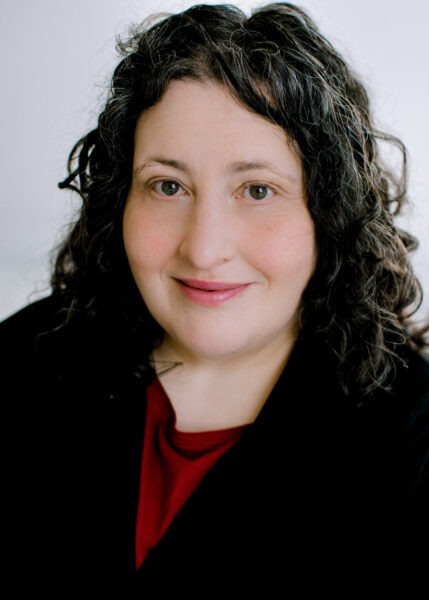What do students do in this clinic?
Students represent non-citizen clients who are applying for immigration status, including asylum, VAWA, U-visas, permanent resident status and naturalization. Students may also have the opportunity to represent clients in deportation proceedings, before the Board of Immigration Appeals or the United States District Court, District of Minnesota.
FAQ
-
What happens in the classroom component?
Discussion of immigration benefits and relief from removal, discussion of the practical aspects of representing immigration clients and being an immigration attorney and case rounds. Each student does a presentation on an immigration benefit and on an ethics issue.
-
What do students learn in this clinic?
Time, case, and client management; how to work with clients from diverse backgrounds; how to work with clients who have suffered trauma and dislocation; how to marshal and present facts persuasively in affidavits, application materials, and administrative hearings. This clinic also introduces students to lawyers and others in the immigration practice community.
-
When is this clinic offered?
Every fall and spring semester. Students may enroll in the Immigration Clinic in the summer for credit, but only if they have either already completed the classroom component in a previous semester or are planning to enroll in the subsequent fall.
-
How many credits?
2-3
-
Are students permitted or encouraged to take this clinic for additional semesters?
Yes, due to the nature of immigration law, it is common for students to take an additional semester to continue working on their cases.
-
Are there any required or recommended pre-requisites?
Professional Responsibility is a pre-requisite. Advocacy and the Immigration Law or prior experience in an immigration law firm are strongly encouraged. Students may take Immigration Law and the Immigration Law Clinic at the same time. In order to enroll in the clinic, students must get prior approval from the instructor.
-
Can students with full-time jobs take this clinic?
The majority of the work in the clinic can be done on the student’s schedule, including evening and weekend hours. Students need to be available for a standing weekly meeting with their supervising attorney during business hours. There may be times where the student will need to meet with a client or make a phone call that can only be done during business hours. With planning, students should know in advance when they need to do work during business hours. Local students may have the opportunity to attend a CIS interview or deportation hearing with a clinic client and these are always during business hours.
-
Can students who live outside the Twin Cities take this clinic?
Yes. -
Who should take this clinic?
Students with a desire to work with immigrant communities; students interested in pursuing a career in immigration law; and students interested in working in the area of domestic violence.

